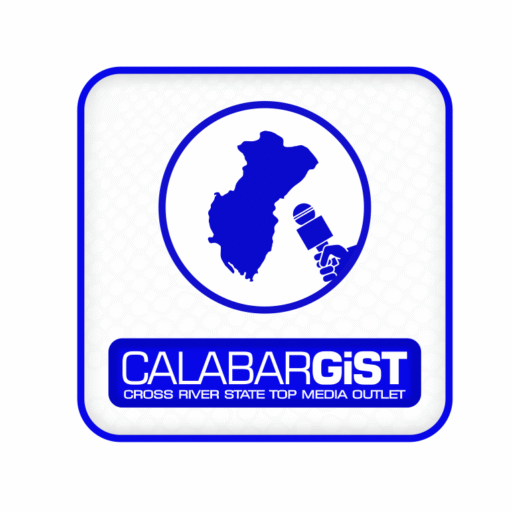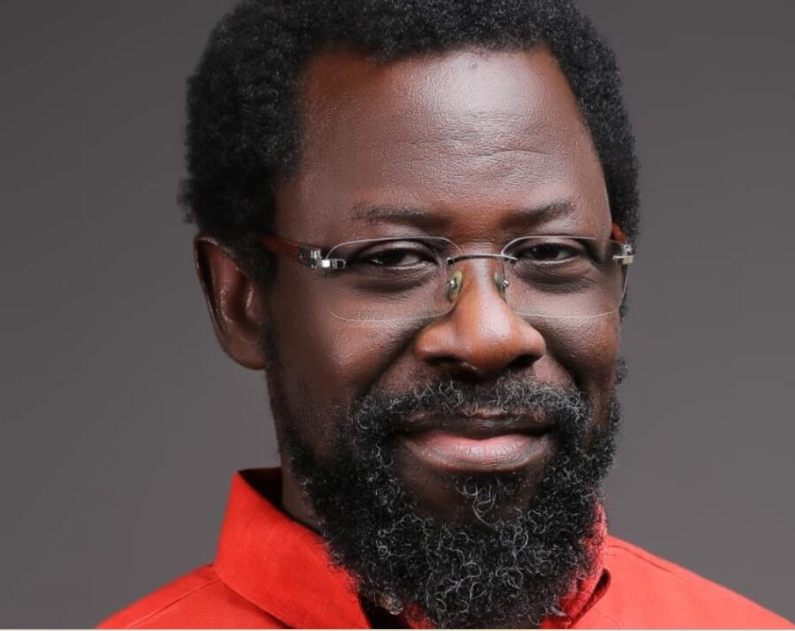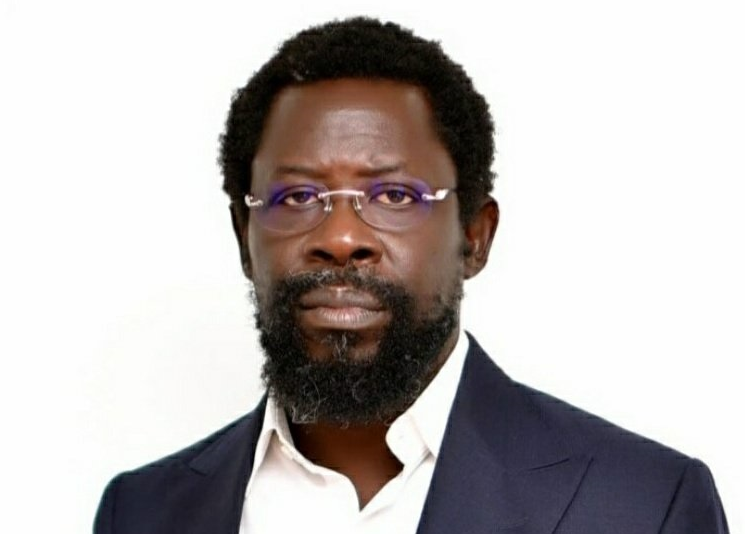On December 10, 2024, as the world observed International Human Rights Day, Nigeria’s political and civic landscape was marked by protests and calls for justice following the detention of prominent lawyer and activist Dele Farotimi. Farotimi is known for his vocal criticism of the government. He has been in custody under controversial circumstances, sparking nationwide debates on the state of democracy and civil liberties in the country
Opposition leaders, including former Vice President Atiku Abubakar, have condemned the detention, describing it as a dangerous precedent for Nigeria’s democracy. Atiku, in a public statement, emphasized the need for the government to respect the rule of law and uphold citizens’ rights to free speech and lawful dissent. “The detention of Dele Farotimi sends a chilling message about the shrinking space for dialogue and accountability,” he remarked
Civil society organizations have also joined the outcry, organizing rallies across major cities like Lagos and Abuja. Protesters carried placards with slogans demanding Farotimi’s release and calling for greater transparency in governance. Amnesty International Nigeria has raised concerns, urging the government to adhere to international human rights standards and ensure that no citizen is detained arbitrarily.
Government representatives, however, maintain that Farotimi’s detention is linked to an ongoing investigation into alleged misconduct. They assured the public that due process is being followed and urged citizens to remain calm as legal proceedings unfold.
The incident has sparked broader discussions about the protection of human rights in Nigeria. Observers note a growing trend of crackdowns on activists and journalists, with many expressing fears of a return to authoritarianism.
As the protests gain momentum, global attention is turning to Nigeria, with international organizations urging the government to demonstrate its commitment to upholding human rights and democratic principles. The outcome of Farotimi’s case is likely to shape public perception of Nigeria’s political and judicial systems in the coming months.








